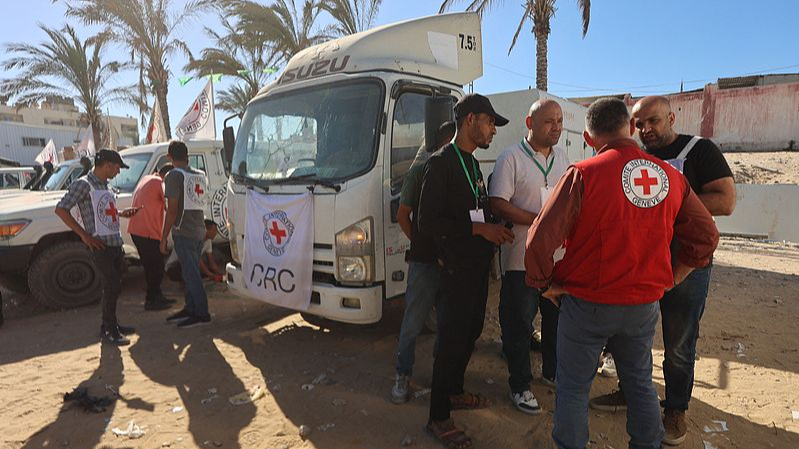After days of stalled deliveries, 600 aid trucks rolled into Gaza on Wednesday following a pause in Israel and Hamas's dispute over the return of hostage bodies. This development revives hope for thousands of civilians dependent on humanitarian supplies.
The delay stemmed from disagreements over how quickly bodies of deceased hostages would be returned. Hamas handed over eight bodies over two nights, prompting Israel to resume preparations to open the Rafah crossing, its main gateway for aid and civilian movement.
Earlier, Israel threatened to keep Rafah closed and cut aid flows, jeopardizing the fragile ceasefire that halted two years of intense conflict and secured the release of all living hostages. Negotiators say this step shows the truce can still hold, even amid sharp tensions.
Looking ahead, key challenges remain. Under the ceasefire plan, Hamas is expected to disarm and transfer power—steps it has yet to accept—and broader talks on Gaza’s governance and an international security force have not started.
Meanwhile, about 21 bodies of missing hostages are still unaccounted for, complicated by widespread destruction in Gaza. An international task force is now tasked with locating them in the coming weeks.
The agreement also calls for Israel to return bodies of 360 Palestinian militants. On Tuesday, the first group of 45 was handed over and is being identified by Palestinian health authorities.
As aid begins to flow again, young travelers, activists, and global citizens are watching closely. The next phase of the ceasefire will test whether humanitarian relief can pave the way for durable peace and rebuild trust in a region long marked by turmoil.
Reference(s):
Aid trucks roll into Gaza as dispute over hostage bodies is paused
cgtn.com



